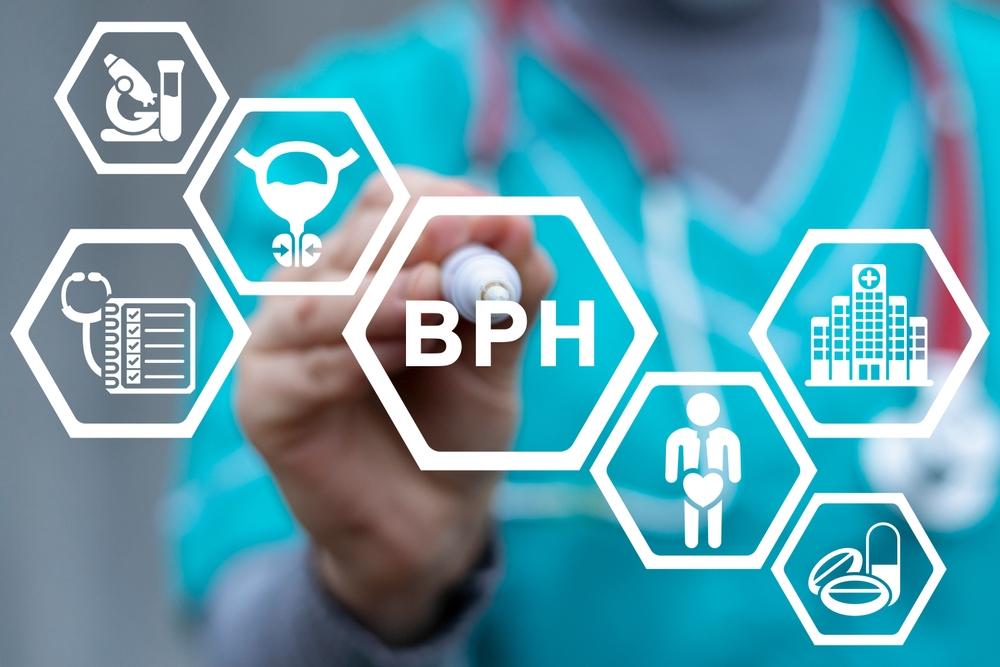Trouble Urinating? It Could Be BPH?
Benign Prostatic Hyperplasia (BPH) is the medical term for an enlarged prostate. If you’re a man over 40 and experiencing uncomfortable changes in urination, it may be one of the key signs of BPH.
What Causes BPH?
During puberty, young men experience many changes—growing facial hair, building muscle, and deepening voices. The prostate gland also goes through its first growth phase during this time.
Around age 25, the prostate begins a second growth phase. Instead of shrinking with age, male hormones promote further cell growth. By age 51-60, about half of men will develop BPH.
Common Symptoms of BPH

BPH primarily affects urination. Common symptoms include:
– Difficulty starting to urinate
– Frequent urination
– Dribbling after urination
– Waking up frequently at night to urinate
– Weak urine stream
– Straining to begin urinating
– Feeling like the bladder isn’t fully emptied
– Sudden or urgent need to urinate
Why Does BPH Affect Urination?
The prostate is normally about the size of a walnut and wraps around the urethra, the tube that carries urine from the bladder. As the prostate grows during its second phase, it can press on the urethra, narrowing the passage and limiting urine flow.
Over time, the enlarged prostate can further block urine flow, leading to the symptoms listed above. If symptoms are mild, your urologist may recommend monitoring the condition. However, as symptoms worsen, treatment becomes necessary.
What Happens if BPH Is Left Untreated?
Untreated BPH can lead to more serious issues, such as:
– Urinary tract infections (UTIs)
– Bladder stones
– Blood in the urine
– Kidney damage from urine backing up into the kidneys
– Complete inability to urinate, which is a medical emergency
Treatment Options for BPH
Treatments range from medications that relax the prostate muscles to minimally invasive procedures that relieve symptoms by reducing the pressure on the urethra.
Take Control of Your Health
You don’t have to live with the discomfort of BPH. If you’re experiencing symptoms, schedule an appointment with your local urologist to explore your treatment options today.
Sources: Benign prostatic hyperplasia (BPH) – Symptoms and causes – Mayo Clinic
Enlarged Prostate (BPH) – Symptoms and Causes | Penn Medicine
Benign Prostatic Hyperplasia (BPH): Symptoms & Treatment (clevelandclinic.org)




